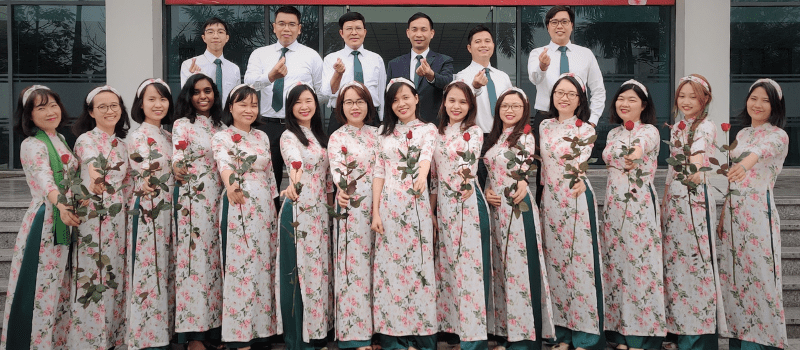#VETSVolunteerVoices aims to bring you the stories of our passionate VETS program volunteers from the field. This blog was written by Karissa Gall, a Communications Volunteer in Ghana who worked with our partner, Social Enterprise Development Foundation of West Africa (SEND Ghana) in January 2024.
Even though access to water in Ghana has improved significantly, the U.N. children's agency says that one in every 10 people still has to spend more than 30 minutes accessing an improved source of drinking water. There are also inequities across the regions of Ghana, with households in the Northern Region being 16 times more likely to have to spend more than 30 minutes collecting water than those in Greater Accra, according to UNICEF.
Gender inequities in access to water, sanitation and hygiene services are likely to be evident in the collection times for water, a burden that is largely tasked to women and children.
In the Changnaayili community within Tamale Metro in the Northern Region of Ghana, Abiba Issah used to have to fetch water for her family from afar by carrying it on her head. During the dry season in Ghana when there is little or no rainfall, she would have to travel further afield to get water in other communities, which can be an enormous physical challenge. Even though her husband, Abdulai Wumbei, owned a bicycle, it was only used for his personal errands and for transporting produce from the farm, and she was not allowed to touch it.
However, everything changed after Abiba Issah’s home of Changnaayili became a community of practice through the VETS project, which worked with local partner SEND Ghana to sensitize men on the specific needs of women and the importance of involving them in decisions, as well as encourage women to enhance their skills in food production and animal husbandry.

PHOTO: Abdulai Wumbei supports his wife, Abiba Issah, as she rides away on the bicycle that is now being shared for family and business purposes.
Through SEND's Gender Model Family training program, Abiba Issah and Abdulai Wumbei, who is a smallholder farmer, learned about equitably sharing control of resources and decision making, as well as sharing work in farming and business. Now Abiba Issah is more involved in decision making about how resources are controlled in the household, including the shared bicycle that is being used to help the whole family gain momentum.
“We all have access to the bicycle now, and when we don't have water, the children use it to fetch water for us before my husband takes it to go to the farm, because without the bicycle, we would have to carry the water on our heads,” Abiba Issah said.
Since becoming a Gender Model Family, Abiba Issah said she also has more time for economic activities that directly impact her family’s livelihood, such as livestock development.
“Before we were inspired by the principles of the Gender Model Family, we did not know that as wives we could share in the productive work on the farm and take a leadership role in caring for our husband's animals, such as raising the chickens,” Abiba Issah said. “Now if he is not home, we help feed the fowl, give them water to drink and guide them into their shelter.”

PHOTO: Abiba Issah feeding and watering the chickens when her husband is away from home.
Abiba Issah’s husband, Abdulai Wumbei added, “We did not know that wives could help their husbands and husbands could help their wives. The Gender Model Family concept has taught us that, and we help each other now.”
VETS is a 7-year initiative (2020-2027) to improve the economic and social well-being of marginalized people, particularly women and girls, in 6 countries across Africa and Asia. In collaboration with local partners, the program is implemented through 190 Canadian volunteers on international assignment and is generously funded by Global Affairs Canada. Learn more about VETS and how you can get involved!





